The High Court Family Division handles the following matters;
a) Probate and Administration cases governed by the Law of Succession Act Cap 160 of the Laws of Kenya and the Probate & Administration Rules, 1980.
b) Adoption Causes under the Children Act No. 29 of 2022.
c) Disputes relating to matrimonial property under the Matrimonial Property Act (No. 49 of 2013).
d) Appeals from the Children’s Court, Kadhi’s Court, and Magistrates Court (Succession and Divorce Causes).
e) Miscellaneous Applications e.g., Advocate / Client bill of costs, Applications under the Mental Health Act Cap 248, Stay of proceedings Applications arising from the Subordinate Courts, etc.
Probate and Administration Cases
The High Court handles succession cases involving the estates of deceased persons where the value of the subject matter (estate) is above Ksh. 20 million.
Succession cases may be commenced by Citations, Petitions for grants, and/or caveats. However, all suits or applications relating to the estate of the Deceased shall only be entertained as one cause.
Q: What is Succession?
A: It refers to the process whereby the property of a deceased person is transmitted to his/her beneficiaries under the law.
Q: What is Testate Succession?
A: It refers to whereby a deceased left a valid will before their death.
Q: What is Intestate Succession?
A: It refers to whereby a deceased person did not leave a will or the will is invalidated by a Court of Law.
Q: What is a grant?
A: It is a court order that authorizes a specific person to act as the personal representative of a deceased individual, allowing them to manage and distribute the estate of the deceased.
There are different types of Grants that a beneficiary of the estate of a deceased may apply for. They include the following;
S/No.Type of Grants
1.Grant of Letters of Administration Intestate (In instances where one dies without a will).
2.Grant of Letters of Administration with the Terms of Oral Will Annexed (In instances where a person dies with an oral will).
3.Grant of Letters of Administration with Written Will (In instances where a person dies with a written will).
4.Grant of Probate of Oral Will.
5.Grant of Probate of Written Will.
6.Grant of Letters of Administration with Will Annexed Limited to Assets Left Un-Administered by the Executor.
http://7.Limited Grant of Letters of Administration with Will Annexed for the sole use of Infant being Sole Executor or Sole Residuary Legatee of Deceased.
Q: What happens when a person entitled to apply for letters of administration does not apply for the letters of administration?
A: A beneficiary of the estate my file a citation compelling him or her to apply for a grant (cite) to accept, and / or refuse to take out a grant within a specified period
Q: What documents should a person file if a deceased did not leave a will?
A: This is called an application for Grant of Letters of Administration Intestate. You will be required to file the below forms:
Requirements
S/No.Form Particulars
1. P&A 80Petition for Letters of Administration Intestate
(The maximum number of Petitioners is 4. Where there are minor beneficiaries, there must be more than one Petitioner).
2. P&A 5 Affidavit in Support of Petition for Letters of Administration Intestate (full inventory of the assets and liabilities of the deceased and the estimated values).
3. P&A 12 Affidavit of Justification of Proposed Administrator
(The Public Trustee is EXEMPT from this requirement).
4. P&A 11 Affidavit of justification of proposed Sureties
(In instances where the widow/ widower is the only Applicant, he/ she is EXEMPT from this requirement).
The Public Trustee is also EXEMPT from this requirement).
5. P&A 57 Guarantee by personal sureties
(In instances where the widow/ widower is the only Applicant, he/ she is EXEMPT from this provision.
The Public Trustee is also EXEMPT from this provision).
6. P&A 38 Consent to making a grant (signed by all adult beneficiaries).
In addition to the above, parties are required to avail to Court the following before Gazettement:
i. A certified copy of the Death Certificate or an order of presumption of death or any other document proving the death of the deceased.
ii. A letter from the local chief/letter of lineage / or any authority introducing the Petitioners and beneficiaries of the deceased. The age of the beneficiaries should be specified especially where some beneficiaries are minors.
iii. The Original Government Printer Receipt.
iv. Documents to prove ownership of the assets listed in Form P&A 5.
http://v.Contact details for the Petitioner: Physical Address, E-mail, Telephone Number, and Postal Address.
vi. Certified copies of identification documents of the Petitioner, adult beneficiaries, and proposed sureties.
Q: What documents should a person file if a deceased left a will?
A: This is known as an application for Grant of Probate and you will require the below documents;
Requirements
NO. FORM Particulars
1P & A 78Petition for Probate of Written Will or for Proof of Oral Will.
2P & A 79Petition for Letters of Administration with Written will annexed.
3P & A 92 Petition for Letters of Administration with terms of oral Will annexed.
4P & A 3Affidavit in Support of Petition for Probate or for Letters of Administration with Written Will.
5P& A 4Affidavit in Support of Petition for Proof of Oral Will.
6P & A 6Affidavit in Support of Petition for Letters of Administration with Terms of Oral Will Annexed.
7P & A 39Consent by Executor to the Making of a Grant of Administration with Will Annexed.
In addition to the above, parties are required to comply with the following requirements before Gazettement:
i. The original will and 2 certified copies of the will.
ii. A certified copy of death certificate or an order of presumption of death or any other document proving death of the deceased.
iii. A letter from the local chief/letter of lineage/ or any authority introducing the Petitioners and Beneficiaries of the deceased. The age of the beneficiaries should be specified especially where some beneficiaries are minors.
iv. Documents to prove ownership of the assets listed in Form P&A 3,4 and 6.
v. The Original Government Printer Receipt.
http://vi.Contact details for the Petitioner: Physical Address, E-mail, Telephone Number and Postal Address.
vii. Certified copies of identification documents of the Petitioner, adult beneficiaries, and proposed sureties
Q: How do I commence the filing Process?
A: To begin the filing process, register an account through the e-filing system. The process is as follows;
i. Advocate/party creates an e-filing account or logs into their account if already registered.
ii. Uploading of pleadings and documents in PDF format from the E-filing account by a party.
iii. Auto-assessment and generation of court fee invoices by the system.
iv. Upon payment of the requisite fee, an “E-case” number is auto-generated by the system.
v. Verify pleadings and documents for completeness by the Designated Registry Official.
vi. Entry of data in the register by the Designated Registry Official.
vii. Opening of the relevant color-coded case file by the Designated Registry Official.
Q: How do I pay for Gazettement?
A: You register an account through the e-citizen system then pay Ksh 3480 through the Government Printers Tab of the system. You will be required to present the original system-generated receipt to the registry for forwarding to the Principal Registry.
Q: What is the Principal Registry?
A: It is a central probate registry established under Rule 3 (1) of the Probate and Administration Rules. It is under the control of the Registrar of the High Court as the Principal Registrar. Its primary mandate is to examine all applications for grants to ascertain whether an application for a grant in respect of an estate of a deceased person has been made in more registries than one (Form 30). The Principal Registry issues a certificate to the effect that no other application has been made, granted, or notified upon the Registry in respect of an estate of a deceased person.
Q: When will my matter be published in the Kenya Gazette?
A: Probate and Administration matters are published under a Special Kenya Gazette Notice. Special Gazette Notices appear twice a month – mid-month and at the end of the month or as need may arise and approved by the Government Printer
Q: What happens after my matter is published in the Special Kenya Gazette?
A: If no objection is lodged at the respective Court Registry, you will be issued with a Grant after the lapse of thirty (30) days from the date on which your matter was published
in the Special Kenya Gazette.
Q: What is expected of me once I receive the grant?
A: If you are the Administrator appointed in the Grant, you will be required to apply to Court through Summons for Confirmation of the Grant after the expiration of a period
of six (6) months from the date the Grant was issued. The Administrator can also move the Court for Confirmation of the Grant before the lapse of Six months if sufficient cause is shown.
Note: Content sourced from the Judiciary of Kenya’s X account.


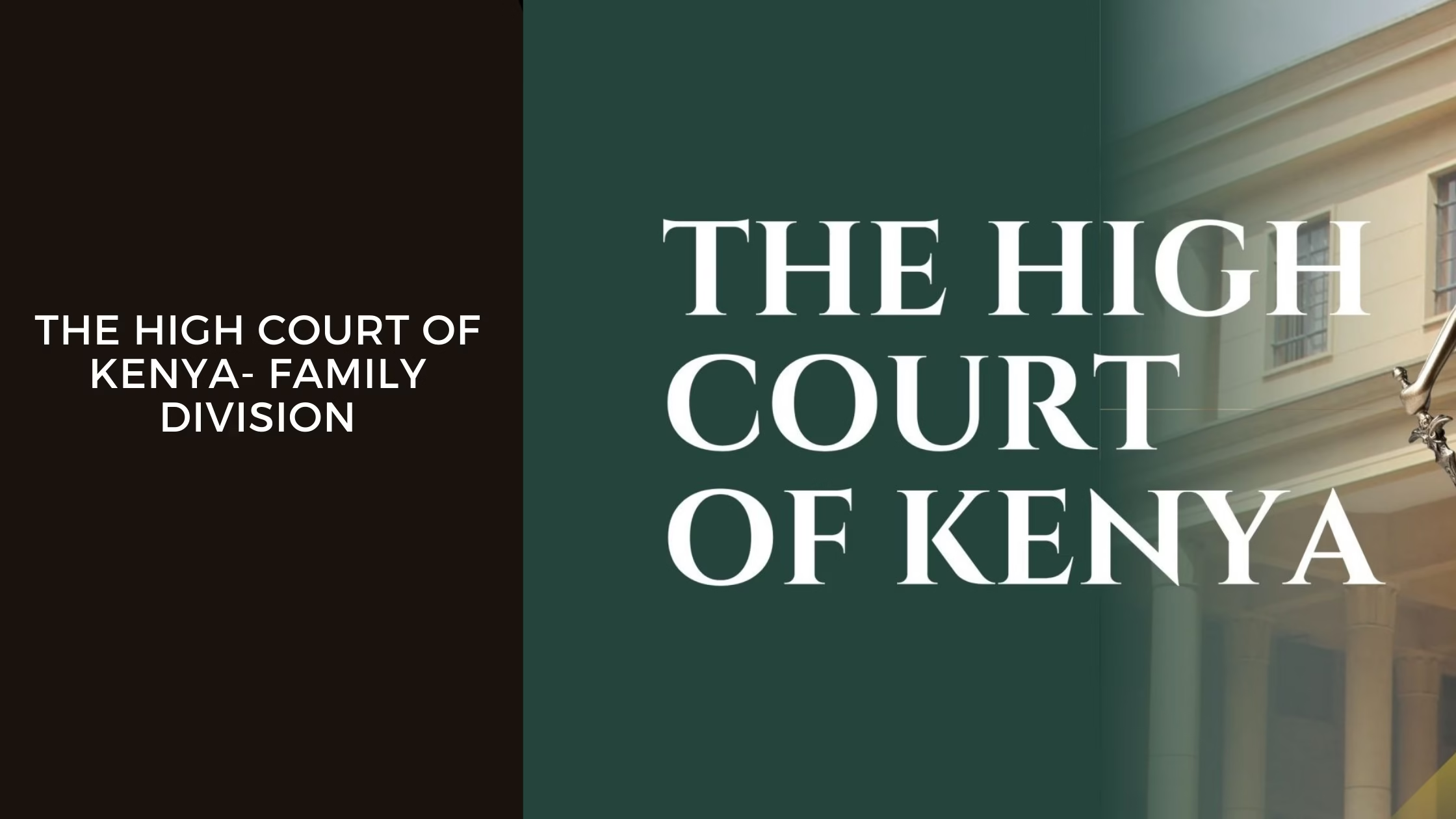


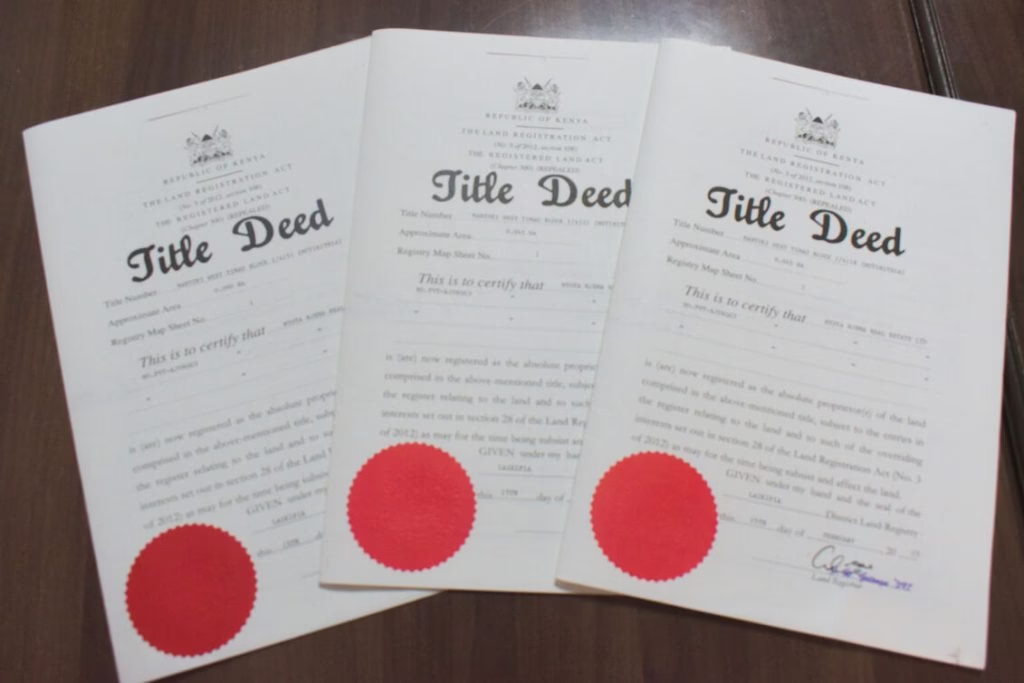

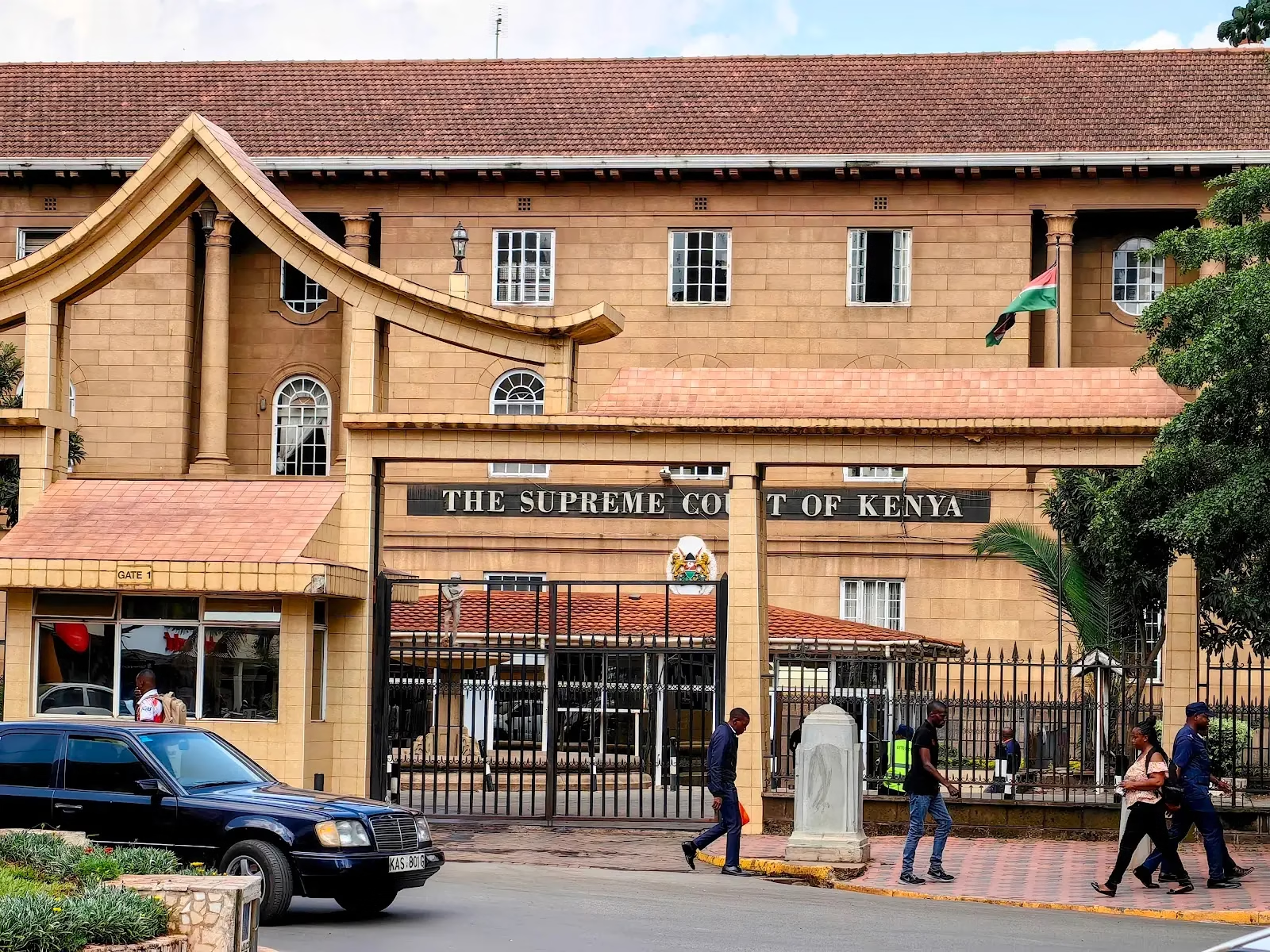


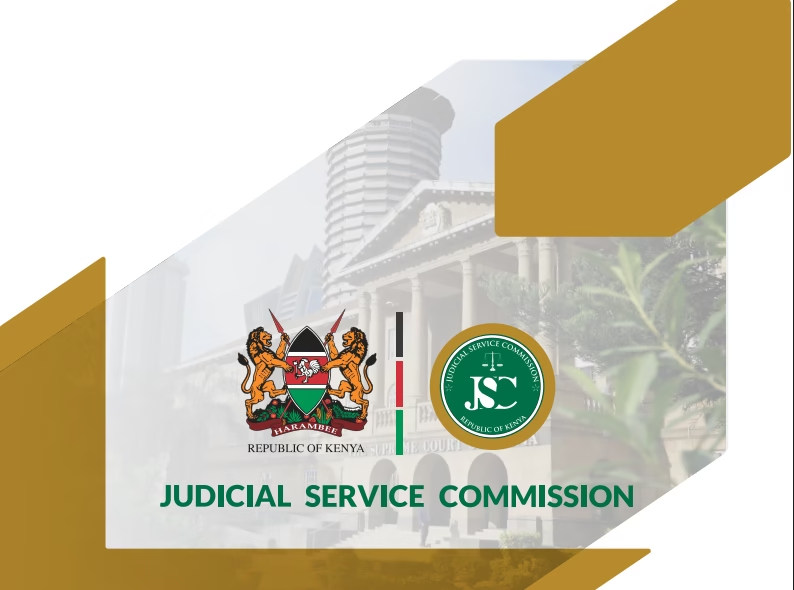


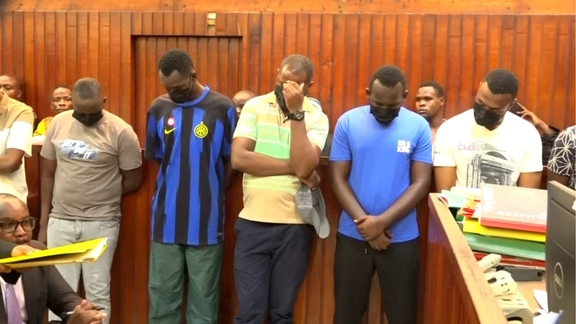



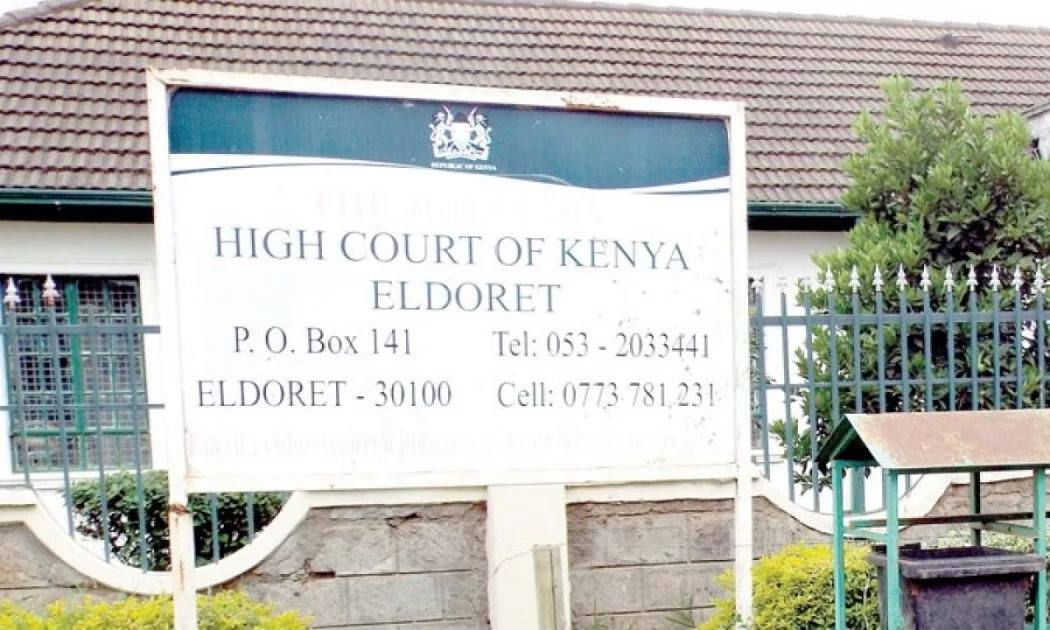



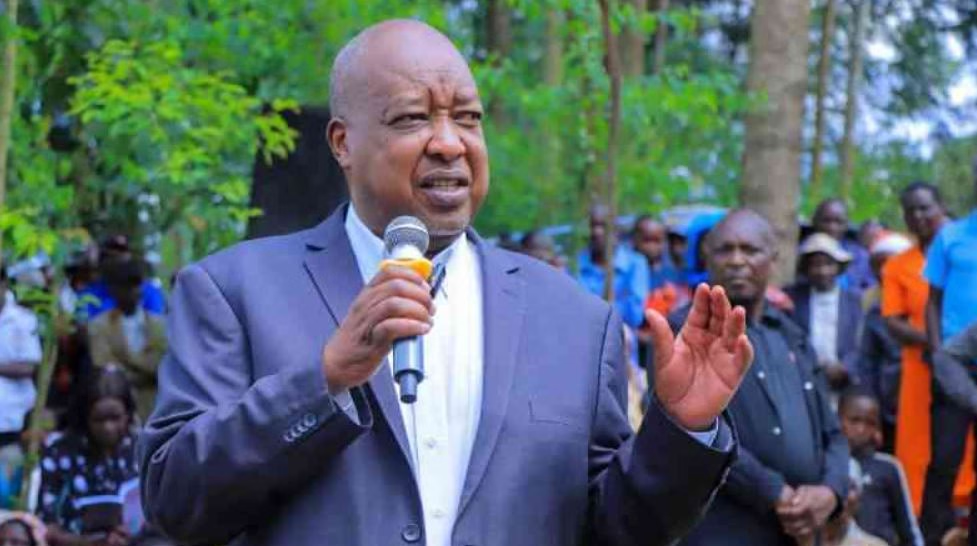
Proper Process of Succession in Kenya
[…] lies with the High Court (Family Division) for large estates, and Magistrates’ Courts can hear smaller succession cases. The court […]